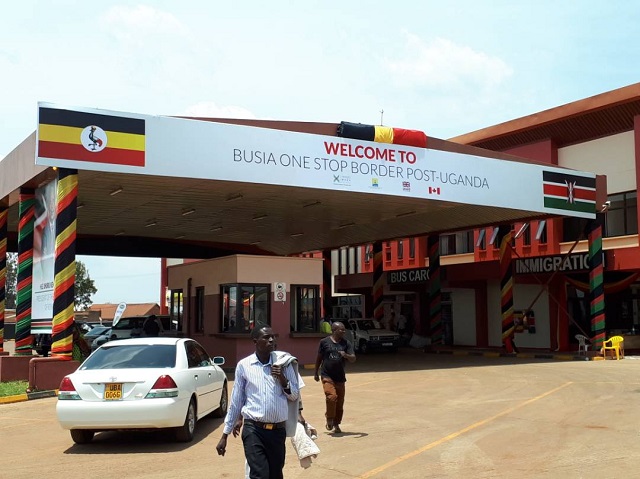
Kampala, Uganda | THE INDEPENDENT | Small-scale women traders have decried the way the government handled the lockdown when they were allowed to go back to the market without proper arrangements.
When the government locked down the economy on April 1, markets were also closed down as a way of decongesting towns and avoid unnecessary movements. Later, the food markets were allowed to operate but with special guidelines including banning the market vendors from commuting to and from the markets. So, the only option was to reside in the markets.
However, the women vendors say that they found themselves with no facilities for a habitable place, citing the lack of privacy during that period. They add that since they lacked enough capital, they got supplies on credit, but when they delayed to pay back the male suppliers often forced them into sex.
Nafumba Suzan and Carol Nakato spoke out their ordeals:
They were speaking at an event, the plight of women traders during the COVID-19 period, organized by six NGOs including regional trade rights organisation, SEATINI and the East African Sub-Regional Support Initiative for the Advancement of Women, EASSI in Kampala. The organisations are calling for the reopening of the borders within the East African Community to boost trade.
EASSI executive director Sheila Kawamara Mishambi says it no longer makes sense to keep regional borders closed and transport in border districts banned when the hotspots of new cases are cities like Kampala and Nairobi.
SEATINI Uganda Chief Executive Officer Jane Nalunga says the countries cannot talk about trade when they remain closed to each other.
******
URN
 The Independent Uganda: You get the Truth we Pay the Price
The Independent Uganda: You get the Truth we Pay the Price



